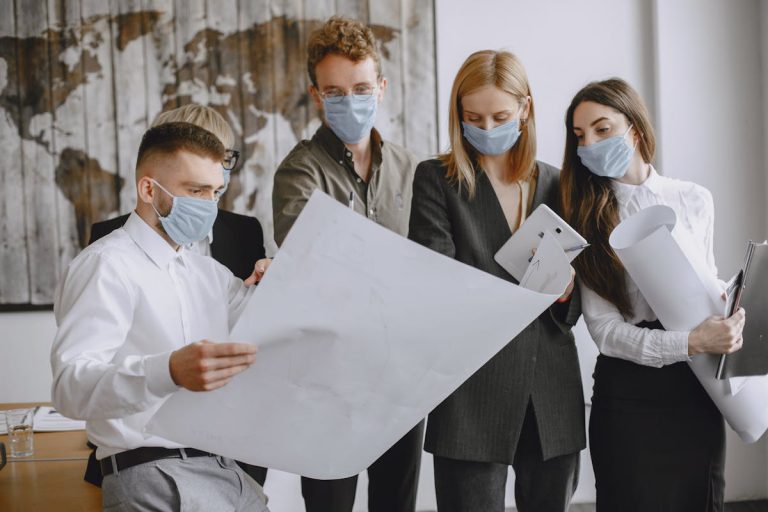
Here in the United States and in every place around the world, vaccines are so important. Vaccines not only prevent illness – they save lives. In fact, thanks to the fact that more than ninety three percent of all children that are between the ages of nineteen and thirty five months have received the polio vaccine, polio has been all but eradicated here in the United States, even though it still remains a problem in other parts of the world. In total, vaccines are able to prevent as many as two and a half million deaths from occurring all throughout the world when they are properly administered and have lowered the mortality rates – particularly the mortality rates in children – but quite a bit.
But though many of us might think of vaccines as a very modern installment in our lives, vaccines have actually been around in some form for hundreds of years. In fact, the first ever vaccine, an inoculation against smallpox, was first created in its rudimentary form in the year of 1796 by one Edward Jenner. Since then, of course, vaccines have become much more sophisticated, though it was not until the 1940s that they were able to be distributed in mass quantities, as large scale vaccine production had just become possible. Though the vaccines that were distributed were not as all encompassing as our vaccines today, they helped to protect against the diseases of pertussis – also know as whooping cough, diptheria, smallpox, and tetanus. In this day and age, smallpox has essentially been eradicated from our country and no longer poses the threat that it once did – and it’s all thanks to the technology behind vaccines.
Vaccines can even be effective at protecting your from everyday and common illnesses, such as the flu. Unfortunately, far too few people get the flu vaccine, as they do not fully understand the scope of the dangers that the flue can pose. Every year, people die from the flu and more than seven hundred thousand people have been hospitalized due to complications from the flu since the year of 2010, less than ten years ago from this current date. Of those people, more than fifty five thousand ended up dying – and not just elderly people and young children and those who had compromised immune systems. And even though a vaccine for the flu will not be one hundred percent effective and preventing the flu, it can certainly lessen the consequences of the flu should you end up getting it, reducing the severity and closing the door to potential complications.
As powerful as vaccines are, they must be stored correctly in an undercounter medical refrigerator or a vaccine freezer in order to be kept in good condition. If you are in a pharmacy, it is likely that you will be keeping the vaccines you have on hand in an undercounter medical refrigerator. This undercounter medical refrigerator should be kept at a temperature of exactly forty degrees Fahrenheit, not cooler and no warmer. Keeping vaccines in an undercounter medical refrigerator at this temperature is likely to keep them in good shape, but the daily temperature of the undercounter medical refrigerator should also be recorded at the beginning of the workday, as well as whenever else you open up the undercounter medical refrigerator. The same protocols hold true for the management of vaccines in a stand alone freezer for vaccines or a pharmaceutical freezer. However, if vaccines are stored in a medical grade freezer, they should be kept at a much colder temperature that does not exceed five degrees Fahrenheit but does not ever dip below a temperature of negative fifty eight degrees Fahrenheit. No matter vaccine storage method is in use, from the undercounter medical refrigerator to the medical freezer, diligent care of the vaccines inside is necessary.
Vaccines are hugely important and lifesaving, there is absolutely no doubt about this as a factual statement. Vaccines must be cared for diligently, however, in order to keep them as effective as they should be for those who receive them.






